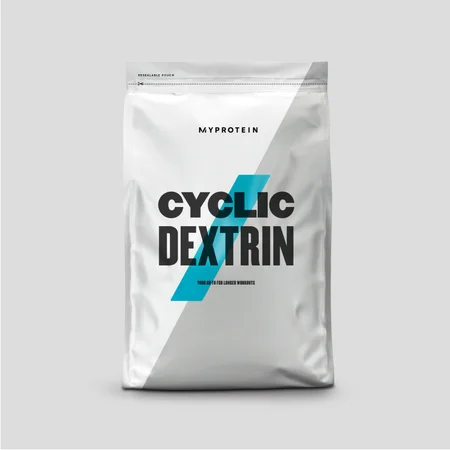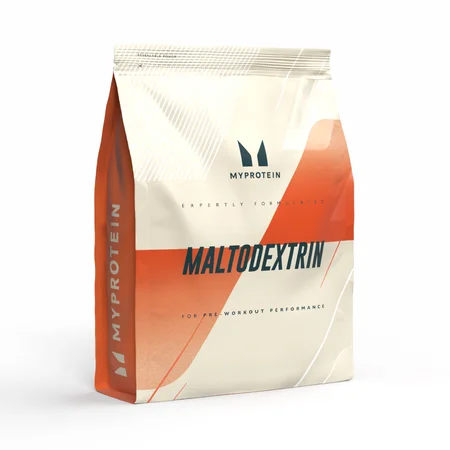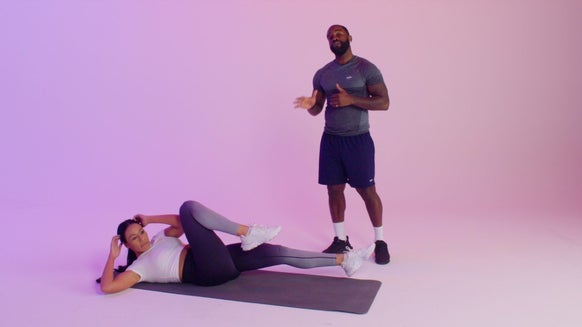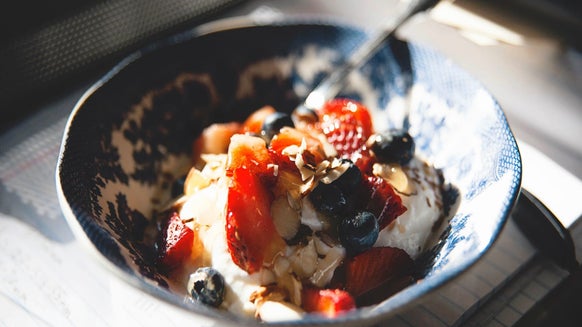What Is Dextrose?

Our bodies run on energy, or calories, like our cars run on fuel. Some sources of energy, like fat and protein, take a long time to digest into energy, while carbs are the body’s choice for quick energy.
When we think about energy for our muscles, it’s glucose that keeps them (and our brain, heart, lungs) and the rest of our body functioning. But you don’t see glucose on the shelf at the grocery store or available as a supplement.
Dextrose is a pure form of glucose, and can help maximise your fuelling strategy. Find out how in this article.

What is Dextrose?
Dextrose is a simple sugar — the opposite of the types of “complex carbs” that are recommended for sustained energy release. Chemically, it’s the same structure as the glucose found in our body — the body’s primary energy source. It’s also a component of high fructose corn syrup (the fructose comes from fruit).
Is Dextrose a Sugar?
Yes, dextrose is a sugar. Sugars can range from simple (small molecules) to complex (multiple types of longer chains of molecules). Commercially available dextrose is typically made from corn sugar and is quick and easy to digest and get into the blood-stream.
What are the Different Types of Sugar?
Sugars are classified into two types: monosaccharides and disaccharides. ‘Mono’ means one, or a single sugar molecule, like glucose, fructose, or dextrose. Sucrose, or table sugar, is a disaccharide (meaning ‘two’ sugars), made up of two monosaccharides (glucose and fructose).
Glucose is the form of sugar that our body uses as blood sugar. Dextrose is chemically equivalent, but derived from corn.
Who Should Use Dextrose?
Anyone who needs the energy of a simple sugar can use dextrose. It’s commonly used by endurance athletes who need constant, quick energy during their workouts (think sports drinks).
It can also be used regularly for carb loading. However, due to its ability to spike insulin and increase the absorption of other molecules (like amino acids) it can also be used by anyone looking to boost the impact of their post-workout supplements.
When to use Dextrose
1. When you’re low on energy
2. When doing endurance exercise
3. Post-workout to boost nutrient absorption
Others might simply add it to their recovery shake after a workout to boost the absorption of other nutrients. If you are following a carb cycling plan, dextrose should be used on a high-carb day.

What are the benefits of Dextrose?
Exercise challenges the muscles and breaks down their energy storage (glycogen) and muscle fibres (protein). We use protein shakes to help rebuild the muscle fibres, and we need carbs to help replenish the stores of glycogen for energy.
The more quickly we can replenish these building blocks for our muscles, the faster we can recover and get ready for our next challenge or workout.
Because dextrose is a simple sugar, it is very easily digested and transported throughout the body. It can take action quickly for an almost immediate benefit.
What are the Side Effects of Dextrose?
Potential side effects of dextrose include concerns with blood sugar control (hypo or hyperglycaemia) due to the way it makes insulin work.
Because dextrose is a simple sugar, it carries all the potential side effects of any high-carb food — it can also cause gastrointestinal discomfort and other symptoms related with blood sugar spikes and drops.
Long term, too many added sugars in your diet can lead to poor blood sugar control, so it’s best to monitor all of the sugars in your diet.
Dextrose Supplements
Dextrose supplements are beneficial because of their quick digestion and simple structure - they can get into the blood-stream much more quickly than more complex sugars or other sources of carbohydrate.
Bodybuilders might use dextrose before or after their workouts. Before their workouts, if their energy levels are low, dextrose can give an immediate boost of energy. After workouts, during recovery, dextrose is a quick way to provide your muscles with recovery carbs and help facilitate the absorption of protein.
Dextrose in Food
Dextrose is naturally found in corn and some other plants. Commercially it’s often used in baked goods and other foods that have added sweeteners, like sweets, breakfast cereals, and frozen desserts.
Don’t be surprised if adding dextrose makes your post-workout shake extra sweet — you are boosting the sugar!

Is Dextrose Vegan and Gluten Free?
Because it’s derived from corn, dextrose is 100% vegan and gluten free. It’s considered a natural product.
Take Home Message
Dextrose, while simple in nature and action, can have a range of benefits if you need to improve your carbohydrate intake. While it impacts blood sugar levels and might not be the best choice for everyone, it’s a quick and effective tool for boosting energy levels and can play a role in maximising your workout results.
READ THESE NEXT:
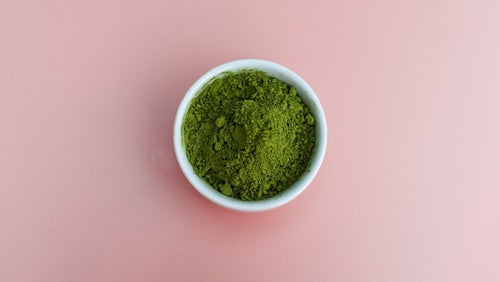
7 Health Benefits Of Green Tea
Reduce inflammation, decrease body fat, improve blood flow and loads more.

Should I Use Creatine Whilst Cutting Fat?
Spoiler: Yes, and it can actually help your cut.

Claire is a Registered Dietitian through the Academy of Nutrition and Dietetics and a board-certified Health and Wellness Coach through the International Consortium for Health and Wellness Coaching. She has a Bachelor of Science in Biology and a Master’s degree in Clinical Dietetics and Nutrition from the University of Pittsburgh.
Talking and writing about food and fitness is at the heart of Claire’s ethos as she loves to use her experience to help others meet their health and wellness goals.
Claire is also a certified indoor cycling instructor and loves the mental and physical boost she gets from regular runs and yoga classes. When she’s not keeping fit herself, she’s cheering on her hometown’s sports teams in Pittsburgh, or cooking for her family in the kitchen.
Find out more about Claire’s experience here.
- Burke, L. M., Hawley, J. A., Jeukendrup, A., Morton, J. P., Stellingwerff, T., & Maughan, R. J. (2018). Toward a common understanding of diet–exercise strategies to manipulate fuel availability for training and competition preparation in endurance sport. International journal of sport nutrition and exercise metabolism, 28(5), 451-463.
